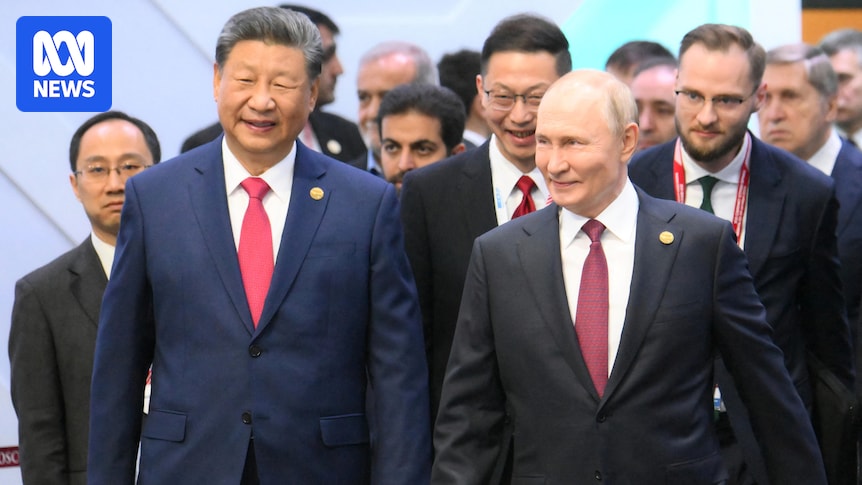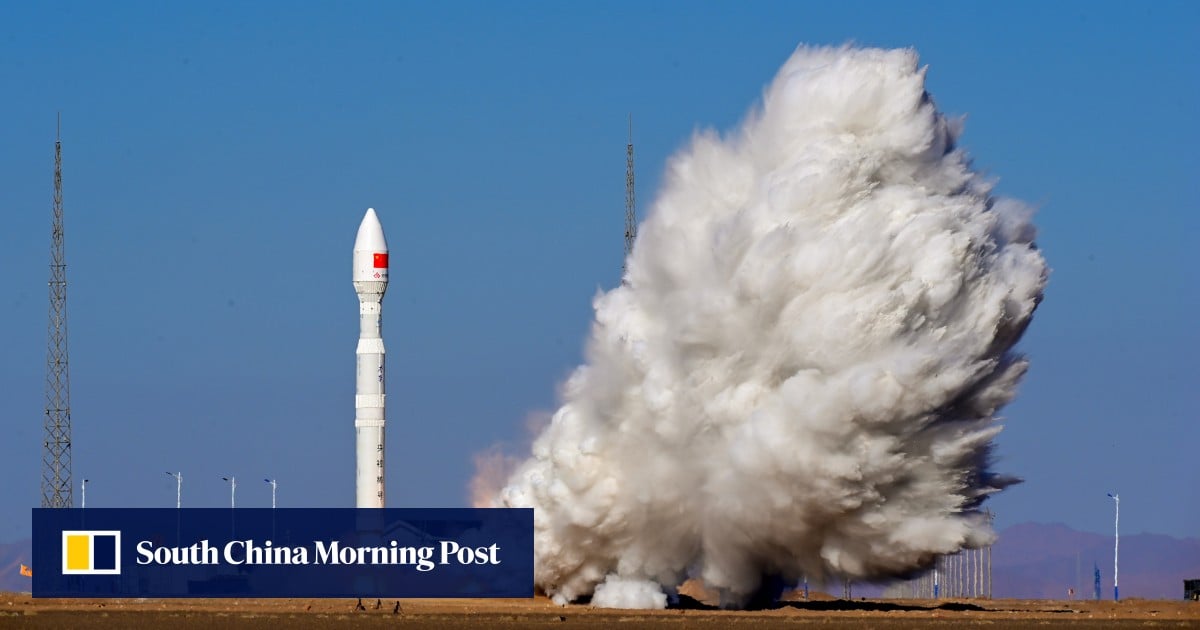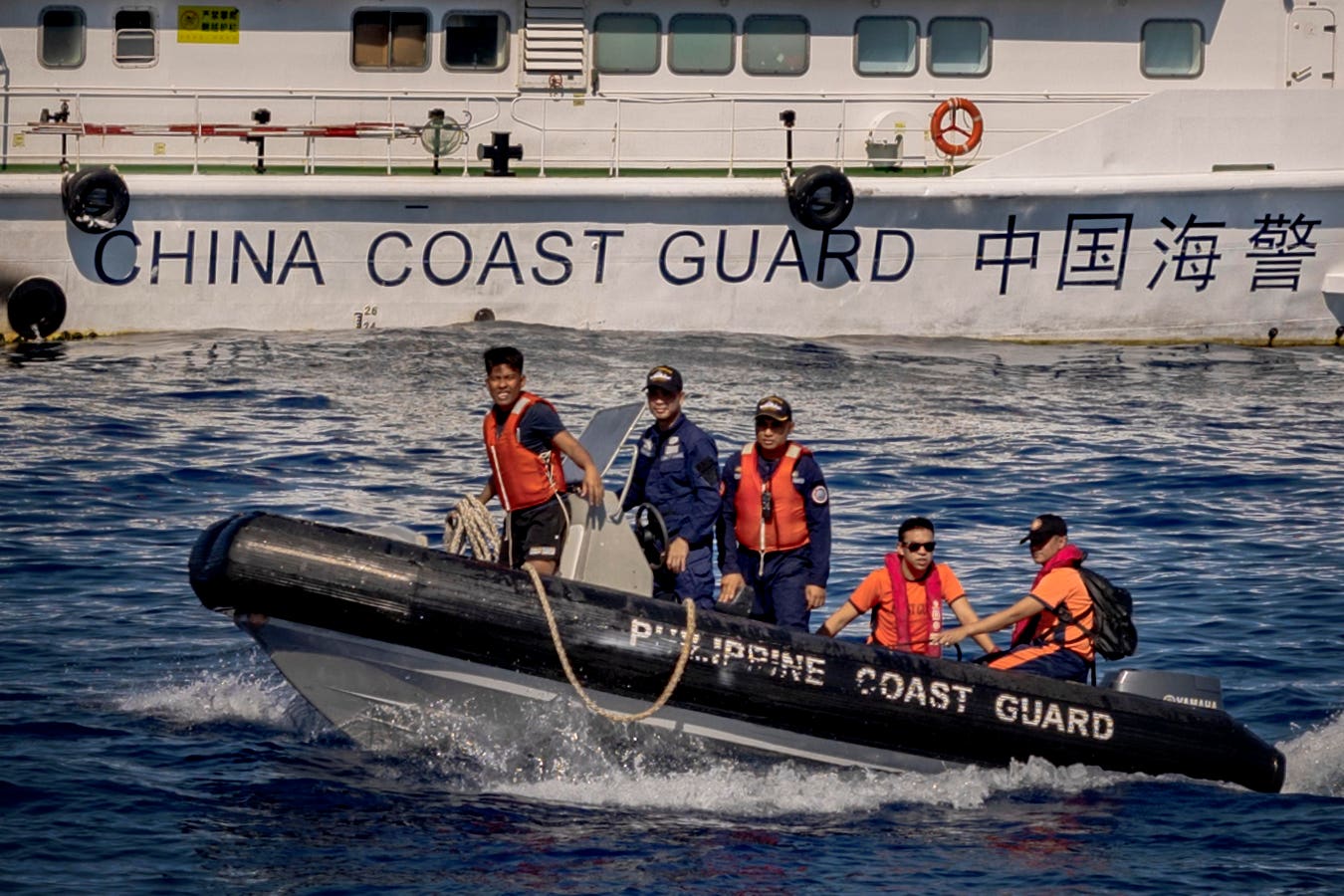Beijing has accused Australia of being “plagued by systemic racism and hate crimes” in response to a statement calling on China to address human rights abuses in Xinjiang and Tibet.
On October 22, Australia’s ambassador to the United Nations, James Larsen, delivered a joint statement on behalf of 15 countries including the US, New Zealand, Japan and the UK, calling on Beijing to address the findings of a UN assessment that concluded there had been serious human rights violation in Xinjiang.
The United Nations Office of the High Commissioner for Human Rights found the treatment and detention of Uyghur Muslims and other minorities in China’s Xinjiang province could amount to crimes against humanity in a landmark report released two years ago.
It found credible allegations of torture, and sexual and gender-based violence — which Beijing has previously denied.
“China has had many opportunities meaningfully to address the UN’s well-founded concerns,” Ambassador Larsen said.
“Instead, China labelled the Office of the High Commissioner for Human Rights’ assessment as ‘illegal and void’ during its Universal Periodic Review adoption in July.
“According to the Office of the High Commissioner for Human Rights’ statement in August, the problematic laws and policies in Xinjiang continue to remain in place.”
The ambassador also raised grave concerns over “credible reports” of human rights abuses in Tibet.
“United Nations human rights treaty bodies and United Nations Special Procedures have detailed the detention of Tibetans for the peaceful expression of political views; restrictions on travel; coercive labour arrangements; separation of children from families in boarding schools; and erosion of linguistic, cultural, educational and religious rights and freedoms in Tibet.”
Mr Larsen went on to urge Beijing to fully implement the UN recommendations and release all those who are arbitrarily detained in Xinjiang and Tibet.
‘Australia, long plagued by systemic racism and hate crimes’
In response, Chinese foreign ministry spokesperson Lin Jian dismissed the statement, saying matters related to Xinjiang and Xizang — the Chinese name for Tibet — are “internal affairs”.
He then went on to lash Australia’s own human rights record, and accused the bloc of 15 countries of hypocrisy.
“Australia, long plagued by systemic racism and hate crimes, has severely violated the rights of refugees and immigrants, and left Indigenous people with vulnerable living conditions,” Mr Lin told a press conference.
“Australian soldiers have committed abhorrent crimes in Afghanistan and other countries during their military operations overseas.
“These Western countries turn a blind eye to their severe human rights issues at home, but in the meantime point their fingers at other countries.”
Prime Minister Anthony Albanese said Australia had been consistent in its messaging about China’s human rights record. (X: Anthony Albanese)
Upon landing in the Samoan capital Apia for the Commonwealth Heads of Government Meeting (CHOGM), Prime Minister Anthony Albanese said Australia had been consistent in its messaging about China’s human rights record.
“We, of course, will always stand up for Australia’s interests, and when it comes to China, we’ve said we’ll cooperate where we can, we’ll disagree where we must, and we’ll engage in our national interest,” Mr Albanese said.
“And we’ve raised issues of human rights with China. We’ve done that in a consistent and clear way.”
The comments come as the Chinese President Xi Jinping attends the BRICS forum in Kazan, Russia, which seeks to offer an alternative to western-led institutions.
During the three-day forum, Mr Xi has held formal talks with Russia’s Vladimir Putin and the pair cast their countries’ relationship as a force of “stability” during a time of “chaos” internationally.
As host, Mr Putin is also keen to show western led sanctions in response to his war in Ukraine have failed to isolate him and his country.
The International Criminal Court in March last year issued a warrant for Mr Putin’s arrest, accusing him of being responsible for war crime of transporting Ukrainian children to Russia.



